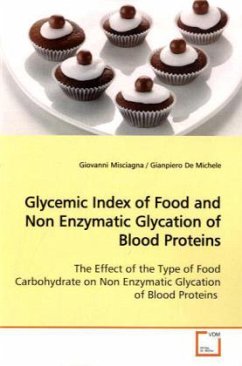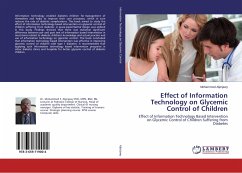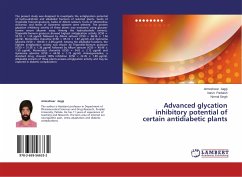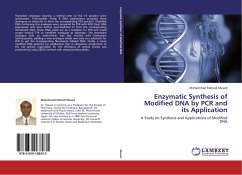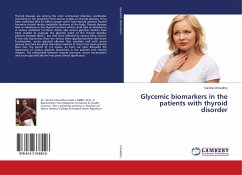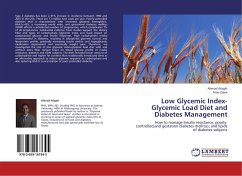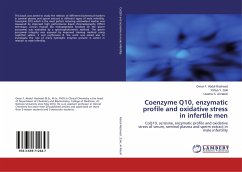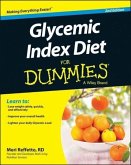In this book we reviewed the mechanisms of non
enzymatic glycation of proteins, the measurement of
glycated hemoglobin and fructosamine, the effects of
diet on glycated hemoglobin and fructosamine, the
association of glycated hemoglobin or fructosamine
with disease. Then, the correlation of HbA1c and
fructosamine is compared with carbohydrate intake in
subjects with a high prevalence of diabetes. In
these subjects, fructosamine is more strongly
correlated with dietary sugar than is HbA1c. To
study the relationship between serum fructosamine
and diet in normal subjects, we measured diet in a
population sample of subjects without diabetes.
Serum fructosamine was positively associated with
dietary glycemic load. The findings of these two
studies support the hypothesis that high glycemic
index carbohydrate determine fructosamine level, a
measure of glycated serum proteins. Finally, we
compare non diabetic subjects with adenomatous
polyps of the colon with subjects with normal
colonoscopy. The risk of colorectal adenoma
increases with the level of fructosamine, an
indicator of glucose in the blood, and of
a high glycemic load diet.
enzymatic glycation of proteins, the measurement of
glycated hemoglobin and fructosamine, the effects of
diet on glycated hemoglobin and fructosamine, the
association of glycated hemoglobin or fructosamine
with disease. Then, the correlation of HbA1c and
fructosamine is compared with carbohydrate intake in
subjects with a high prevalence of diabetes. In
these subjects, fructosamine is more strongly
correlated with dietary sugar than is HbA1c. To
study the relationship between serum fructosamine
and diet in normal subjects, we measured diet in a
population sample of subjects without diabetes.
Serum fructosamine was positively associated with
dietary glycemic load. The findings of these two
studies support the hypothesis that high glycemic
index carbohydrate determine fructosamine level, a
measure of glycated serum proteins. Finally, we
compare non diabetic subjects with adenomatous
polyps of the colon with subjects with normal
colonoscopy. The risk of colorectal adenoma
increases with the level of fructosamine, an
indicator of glucose in the blood, and of
a high glycemic load diet.

